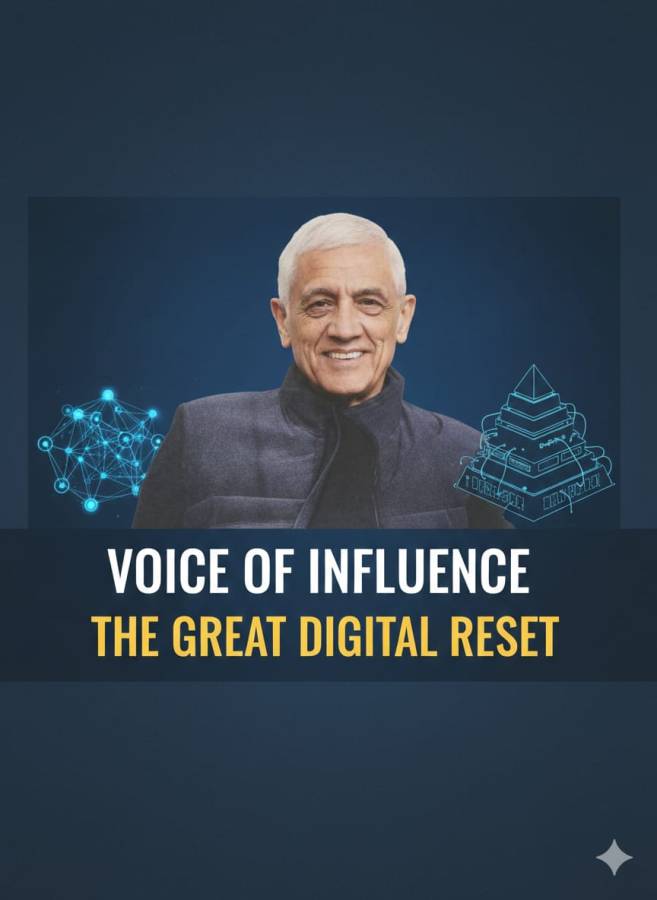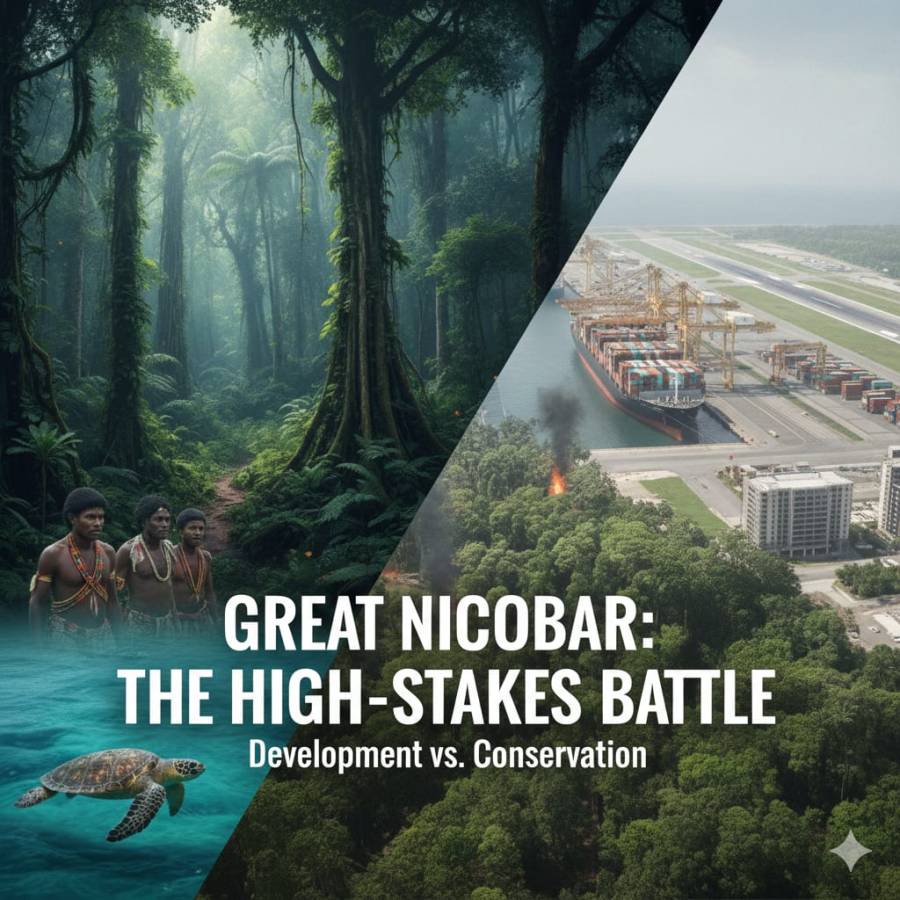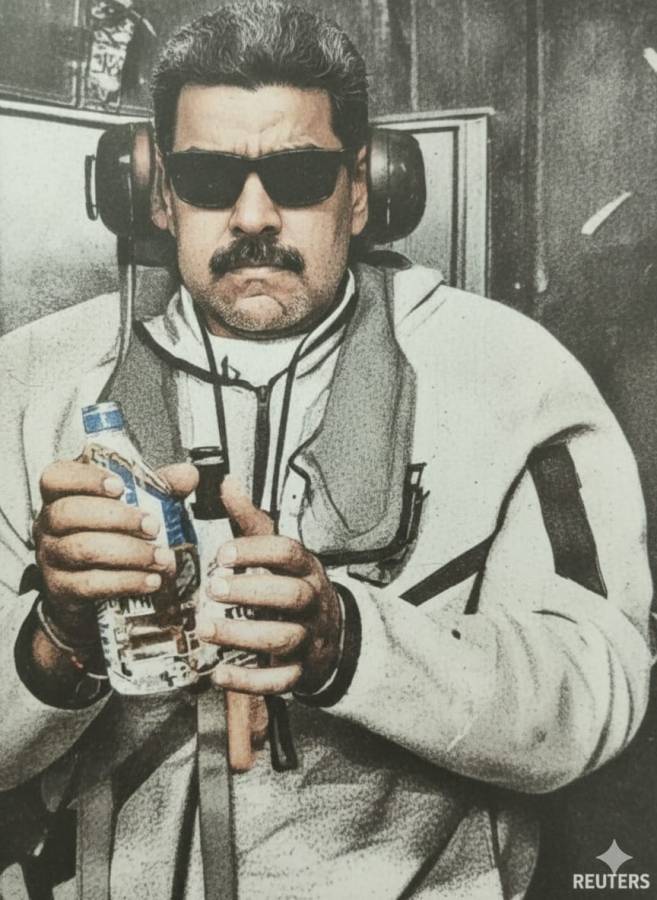
In a sweeping act of philanthropy that may redefine the future of global giving, Bill Gates has announced a pledge to donate nearly his entire fortune, estimated at $200 billion, over the next two decades. The plan will conclude with the formal closure of the Bill & Melinda Gates Foundation by December 31, 2045.
The announcement came on the foundation’s 25th anniversary, marking a historic milestone for one of the world’s most influential charitable institutions. Gates, co-founder of Microsoft and long among the world’s wealthiest individuals, emphasized the urgency of accelerating philanthropic efforts in the face of rising global inequality and declining foreign aid.
“People will say a lot of things about me when I die,” Gates told leading global media outlets. “But I am determined that ‘he died rich’ will not be one of them.”
A Timed Exit for a Timeless Mission
Gates’s decision comes as international aid budgets shrink, particularly in Western democracies. The United States, once a leader in global development funding, has significantly reduced its contributions to the U.S. Agency for International Development (USAID). Gates has openly criticized this retreat from global responsibility.
In a pointed critique, he accused entrepreneur Elon Musk and former President Donald Trump of contributing to this regression. “The image of the world’s richest man enabling policies that harm the world’s poorest children is not a pretty one,” he said, referring to Musk’s alignment with Trump-era cuts to aid.
Gates reiterated that his top priorities remain clear: fighting preventable childhood deaths, improving maternal health, eradicating diseases like malaria and polio, and alleviating extreme poverty. While the Gates Foundation has already helped save an estimated 100 million lives, Gates cautioned that even the best-funded private efforts are no substitute for coordinated public policy.
“There are too many urgent problems to solve for me to hold onto resources that could be used to help people,” he wrote on his website.
Can Philanthropy Fill the Void?
Gates’s remarks reflect a broader concern: can private philanthropy fill the void left by retreating governments? He remains doubtful. “It’s unclear whether the world’s richest countries will continue to stand up for their poorest people,” he said, pointing to declining aid from the United Kingdom, France, and other traditional donors.
While the Gates Foundation has leveraged its vast capital and expertise effectively, its founder is under no illusion that money alone can solve systemic global problems. Success, Gates insists, requires government cooperation, particularly in fragile states and conflict zones where private initiatives often struggle to operate.
He cited vaccination drives in Africa as an example. While foundations like his have made significant progress, full eradication of diseases such as polio remains impossible without government support.
A Legacy Beyond Software
Founded in 2000 by Bill and his then-wife Melinda French Gates, the foundation began as an ambitious experiment and quickly evolved into a global force. Influenced by their friendship with investor Warren Buffett, the Gateses directed their wealth toward health equity, food security, education, and innovation.
Over the years, the foundation has disbursed more than $100 billion, partnering with organizations such as Gavi and the Global Fund. Its impact spans continents, from reducing child mortality to strengthening pandemic preparedness.
“I’ve come a long way from being a kid who started a software company with my middle-school friend,” Gates said. “This is the most meaningful work of my life.”
A Deliberate Sunset
Setting a definitive expiration date for one of history’s most powerful philanthropic organizations is both bold and symbolic. Gates appears determined not only to give away his fortune but to do so with urgency and intentionality.
By 2045, the Gates Foundation will close its doors. But if Gates’s vision succeeds, its ripple effects across health, education, and global development will far outlast the institution itself. In an era obsessed with accumulation, his decision offers a striking alternative: that wealth, in its most meaningful form, is measured not by what we keep, but by what we give.





















